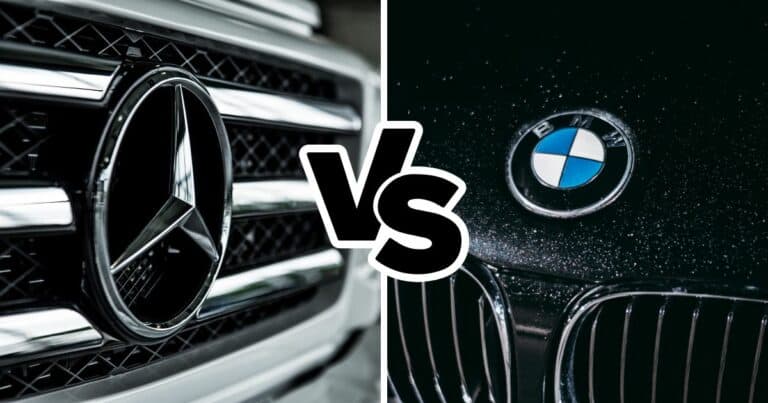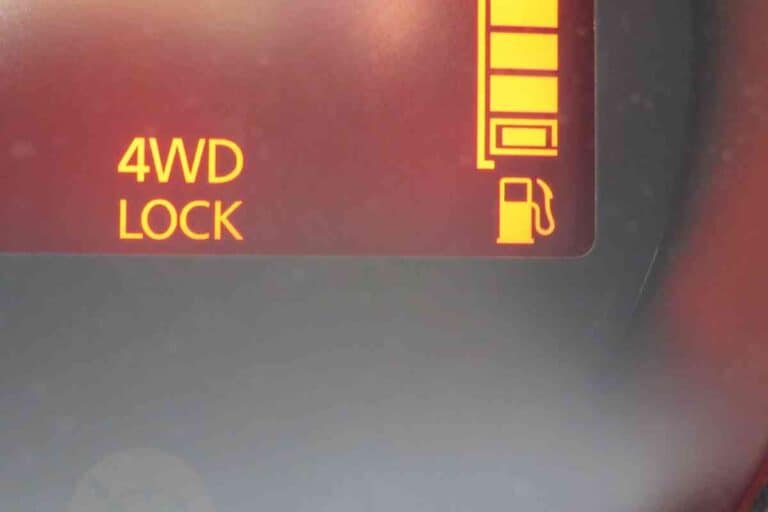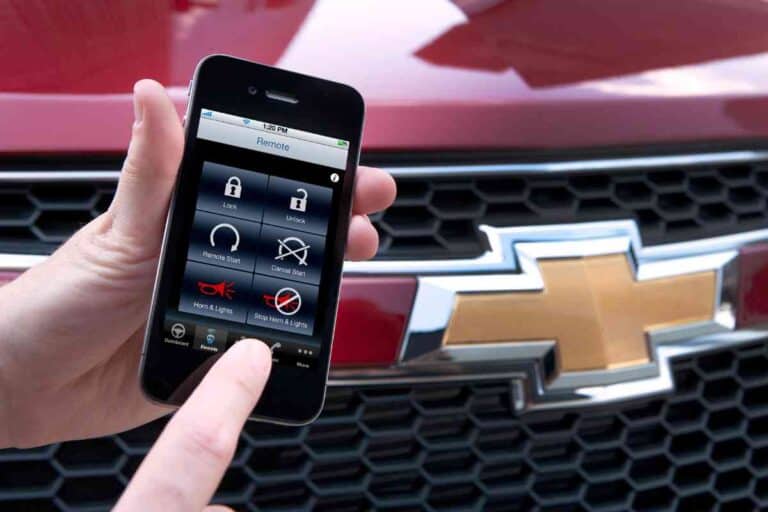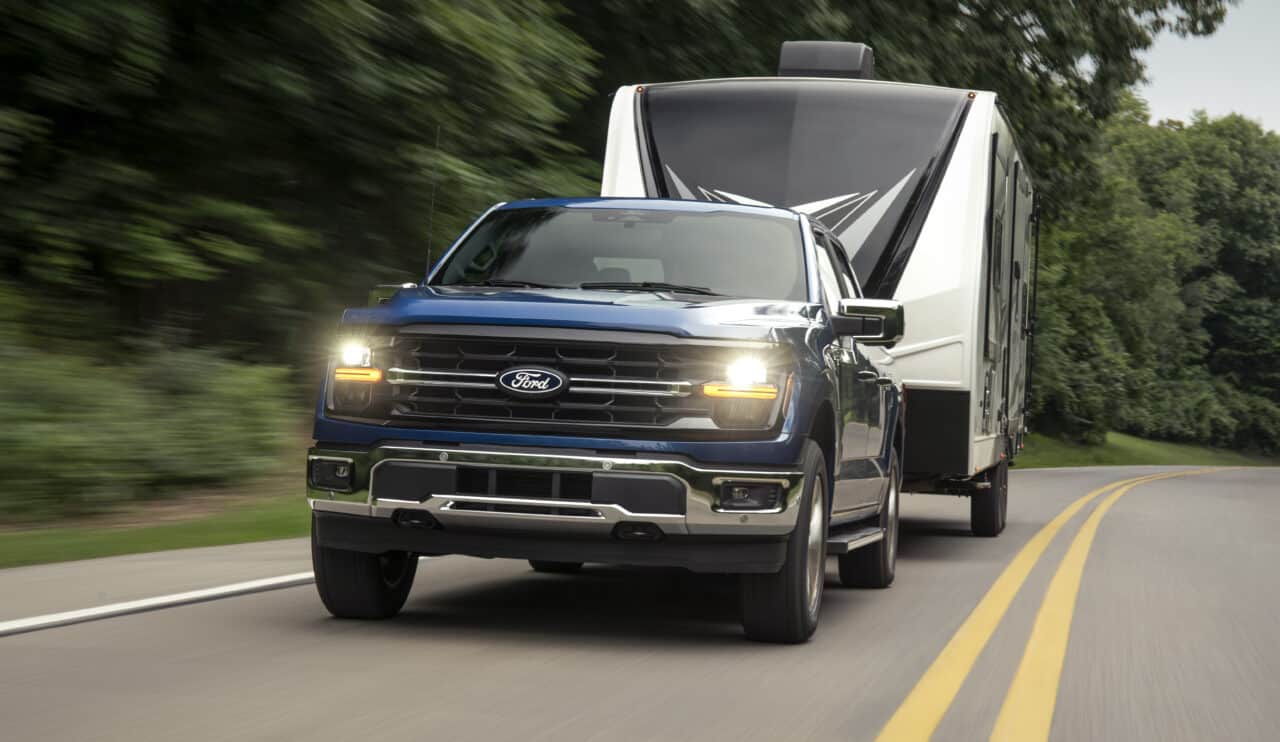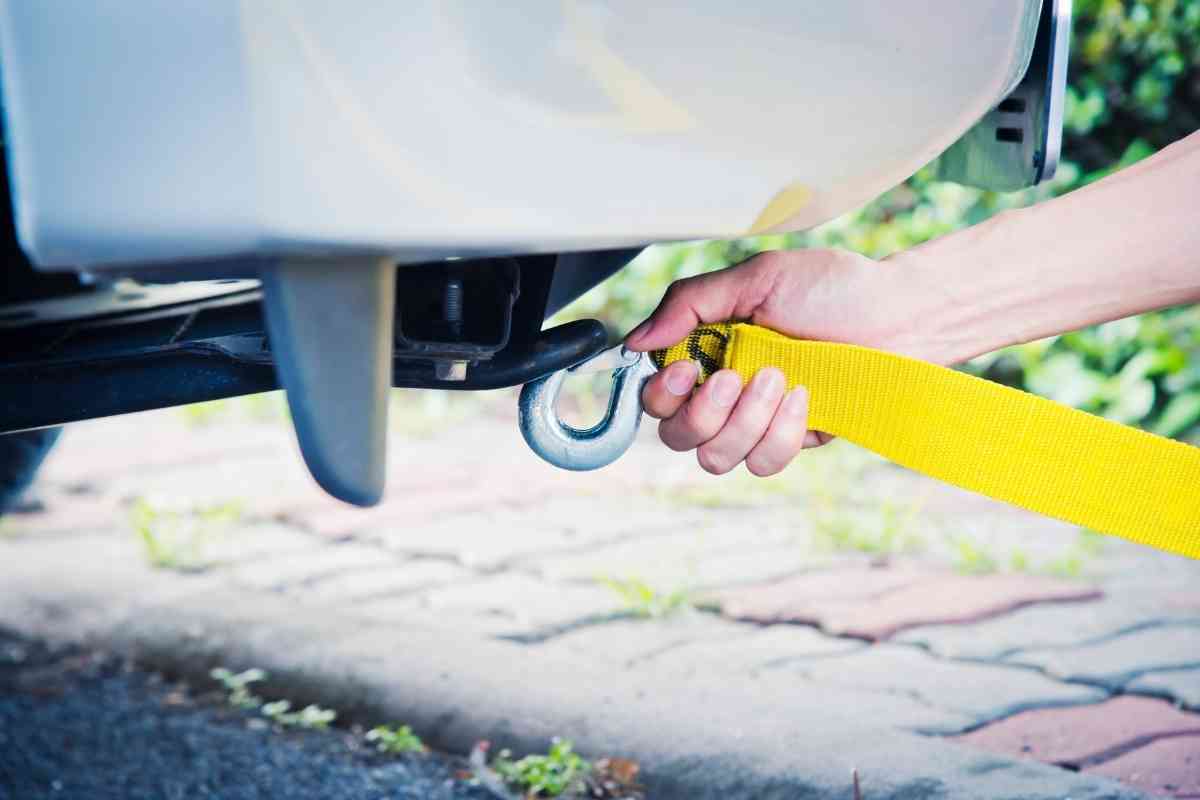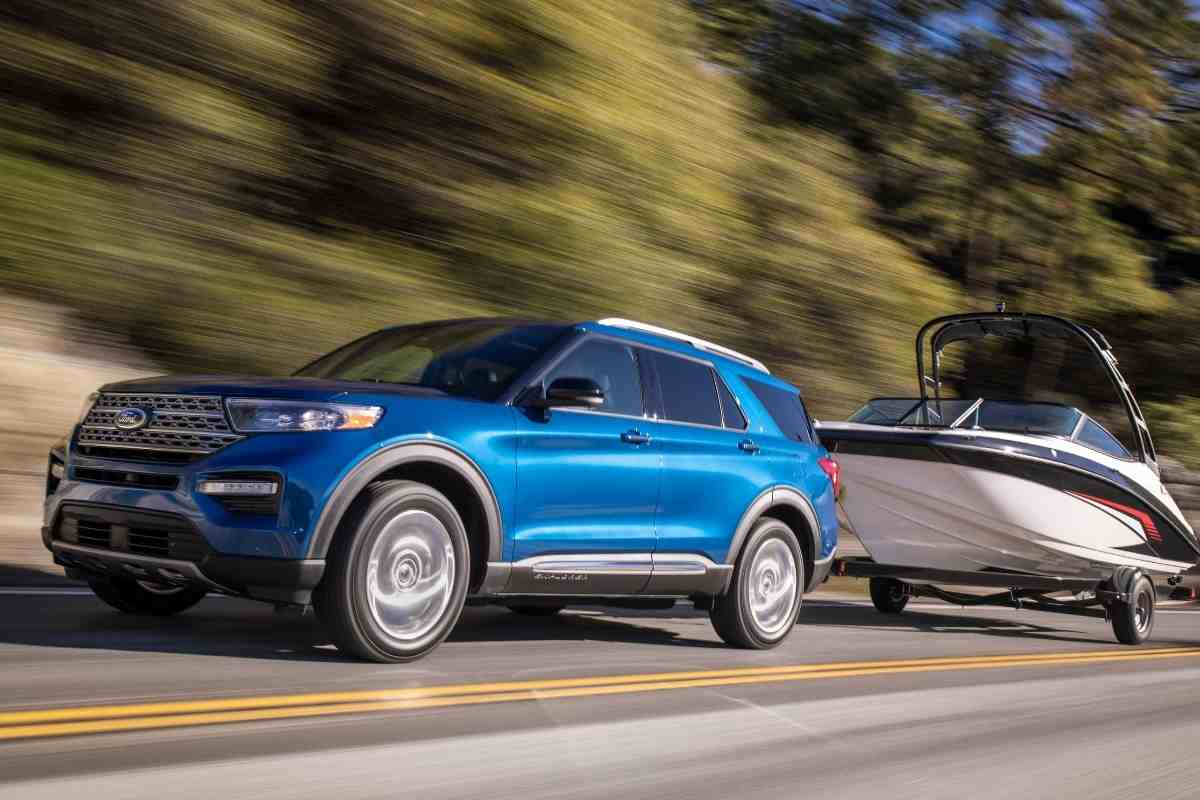Four Wheel Trends
Learn the ins and outs of the latest trucks, SUVs, Jeeps, and cars, along with emerging vehicle trends.
Four Wheel Trends provides helpful expert tips and answers to frequently asked questions across hundreds of vehicles from all of the major automakers: Jeep, Chevy, Ford, Toyota, GMC, and more.
Four Wheel Trends provides consumer advice you can trust, is frequently updated, and is accurate.
Automotive Reader Favorites
Get the latest automotive tips
and recommendations sent to your inbox.
Featured Automotive Post
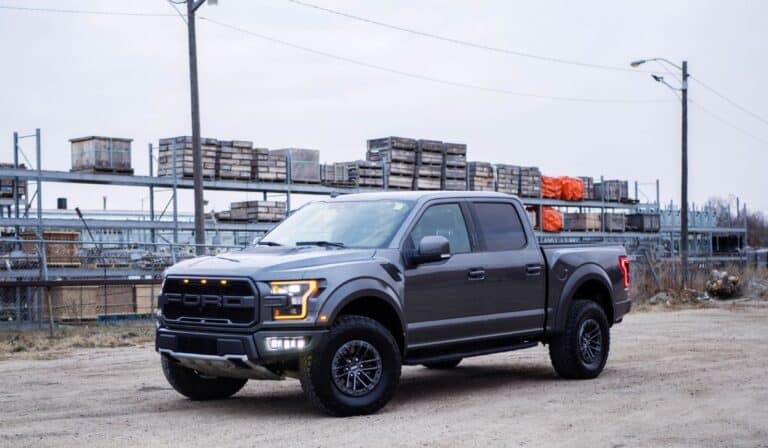
How Wide Is A Ford F150? Here Are The Full F150 Dimensions
The Ford F150 is designed to be rugged and productive. This vehicle outranks most full-size pickup trucks with a spacious interior, an impressive lineup of powertrains, and exceptional hauling and towing capabilities. But how wide is this truck? Based on the trim and model, the 2022 Ford F150 is between 6.7 and 7.2 feet wide….
About
Hi, I’m Kern!
I’m a guy with a lifelong passion for four wheel drive vehicles.
At Four Wheel Trends, we are passionate about vehicles and love sharing everything we learn about them.
Four Wheel Trends aims to be the ultimate resource for learning everything about your new vehicle, or information when trying to find the right one.

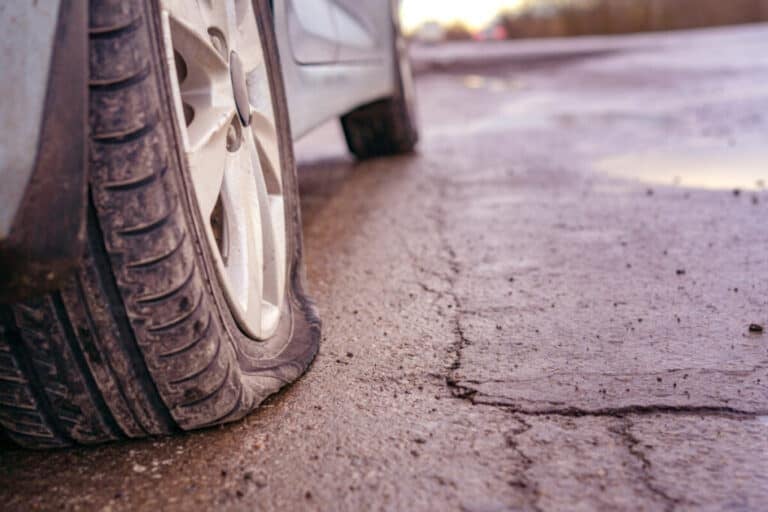
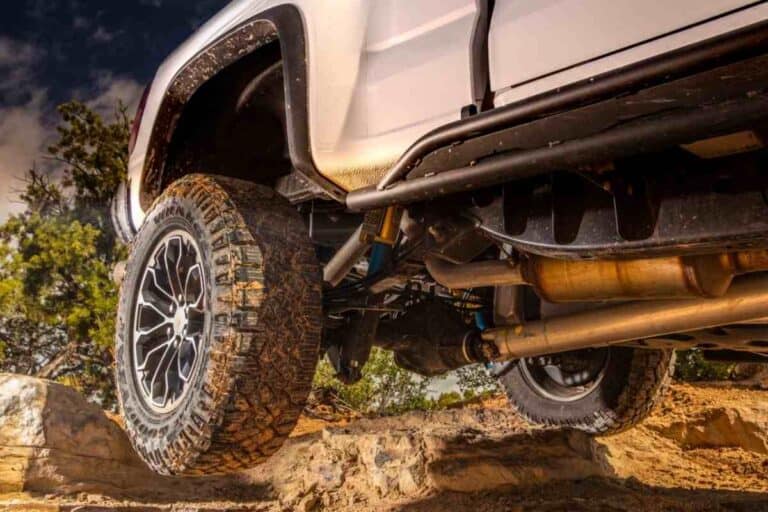
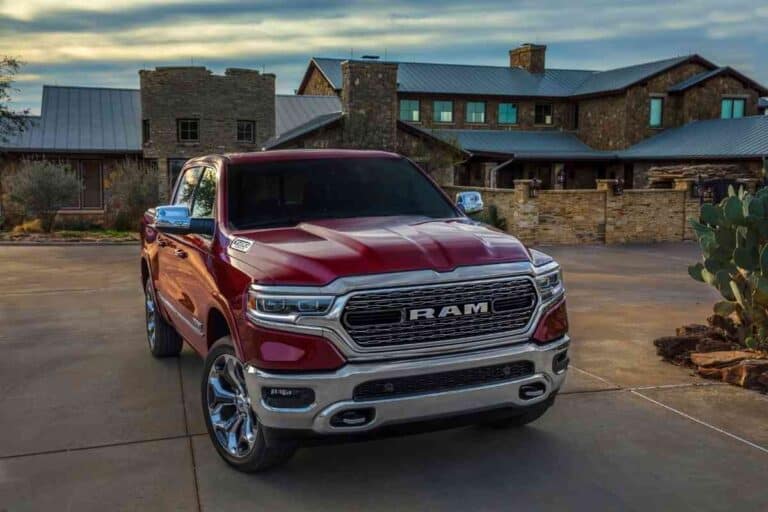
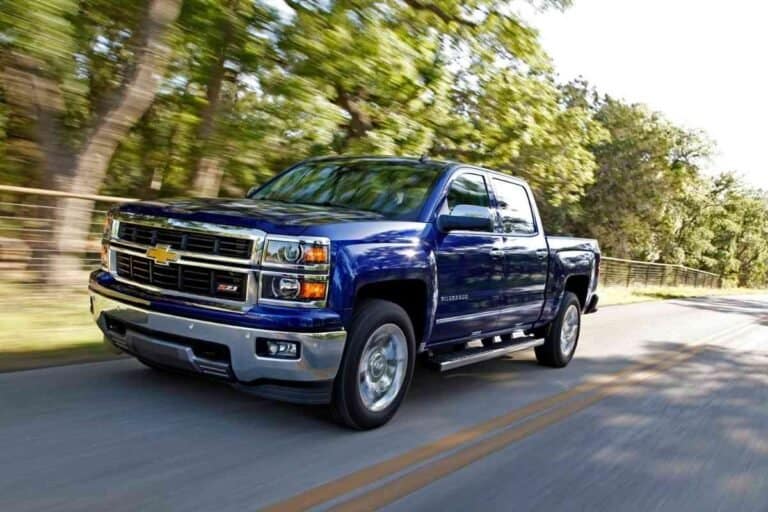
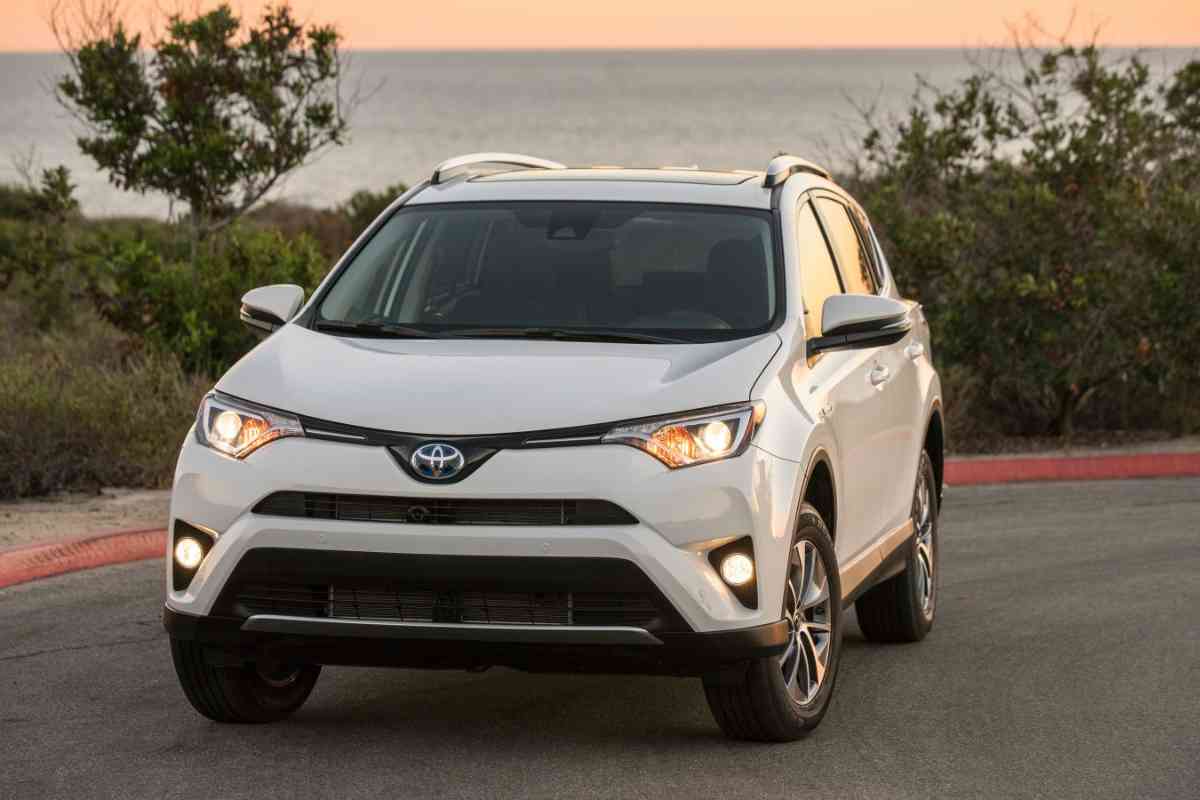

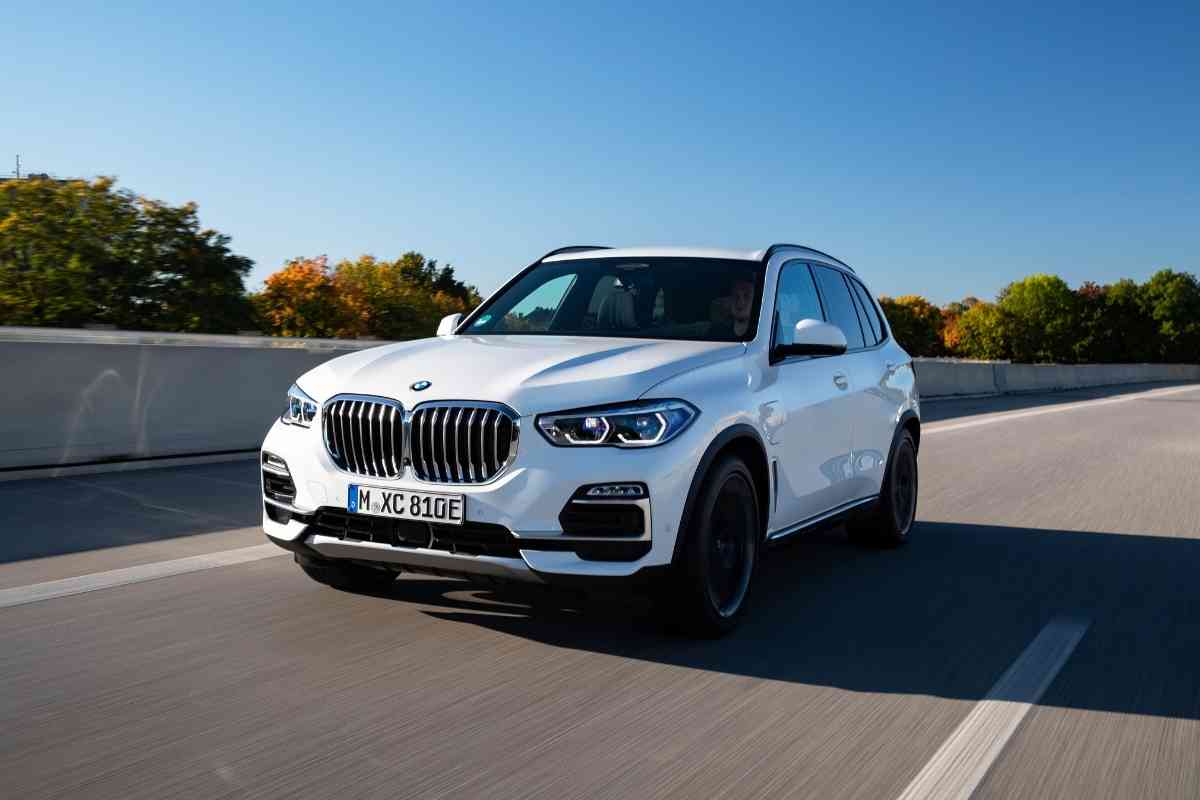
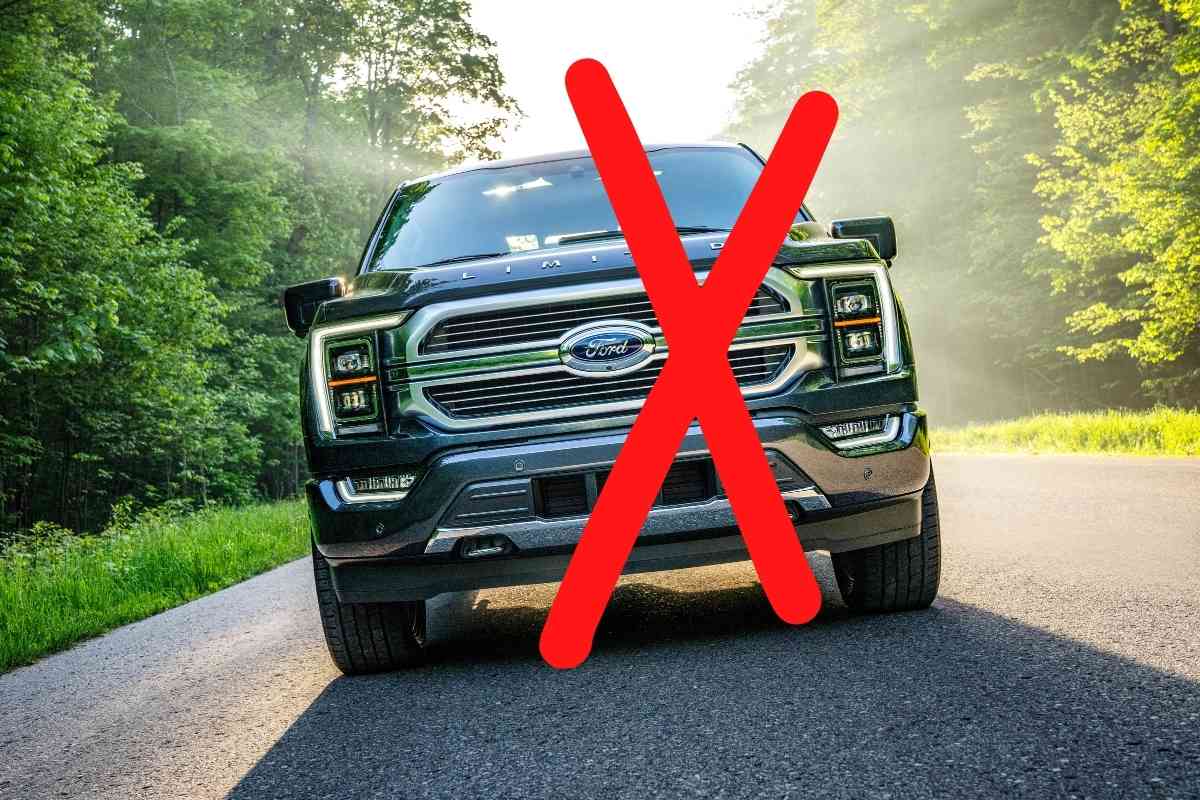
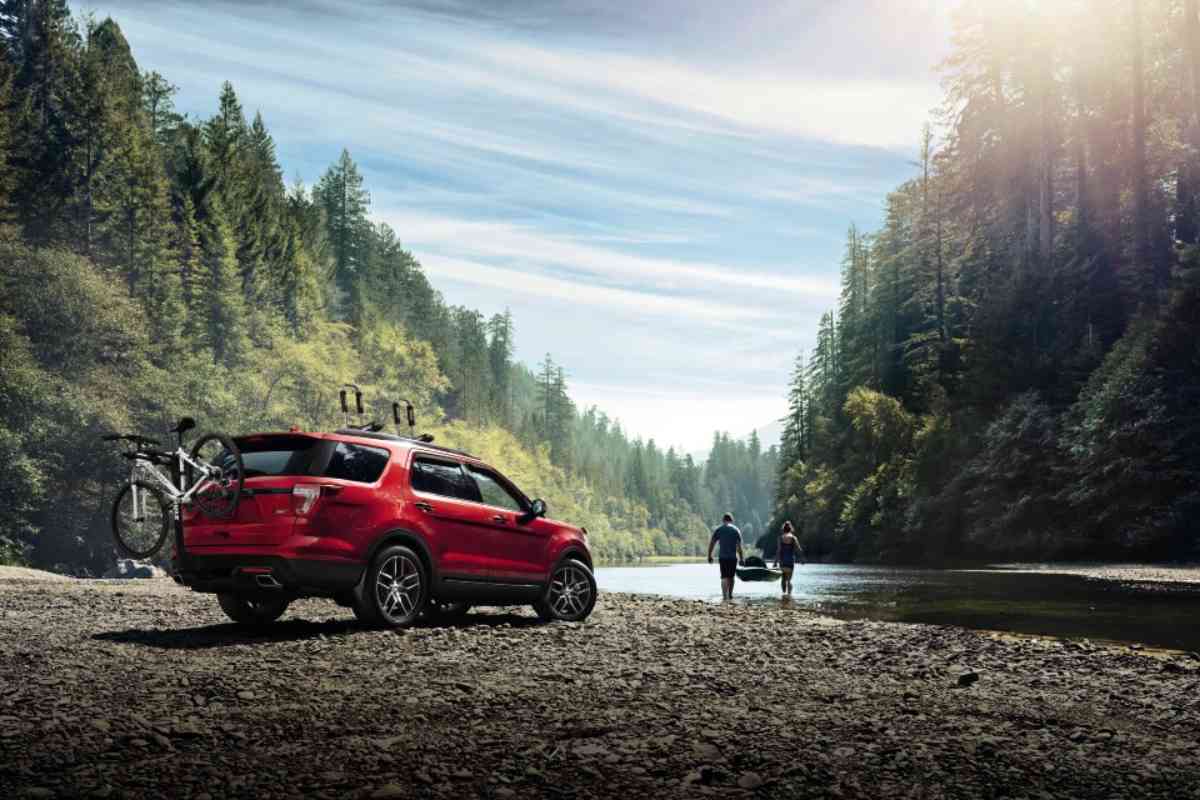
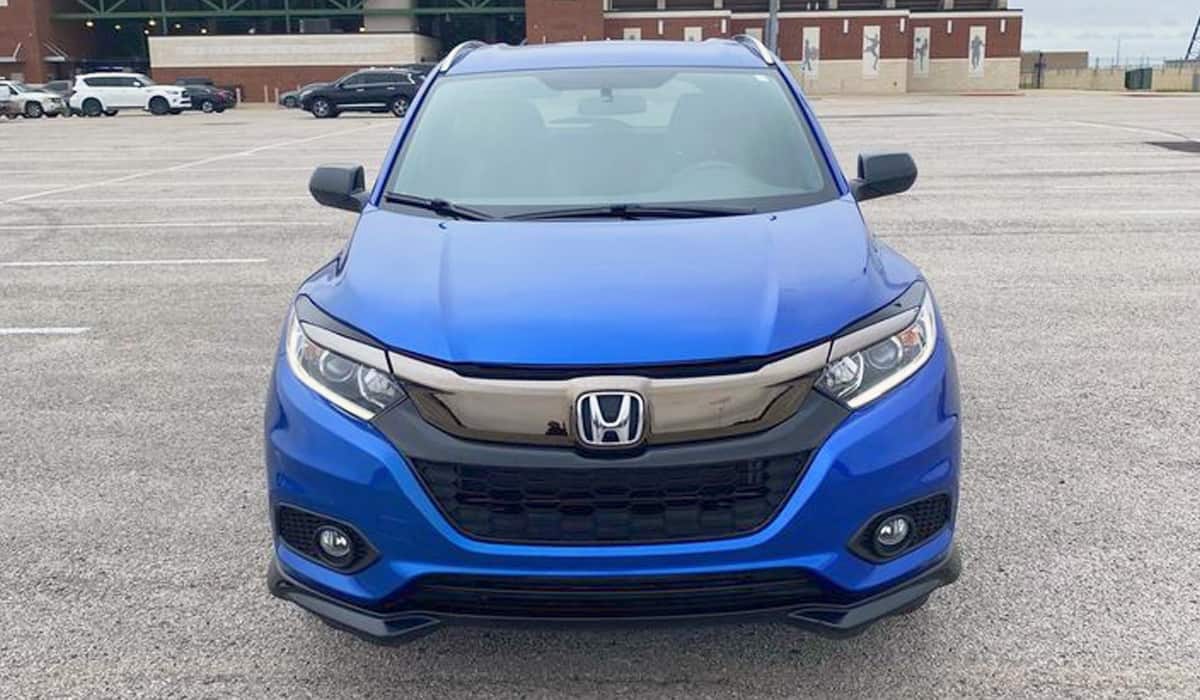
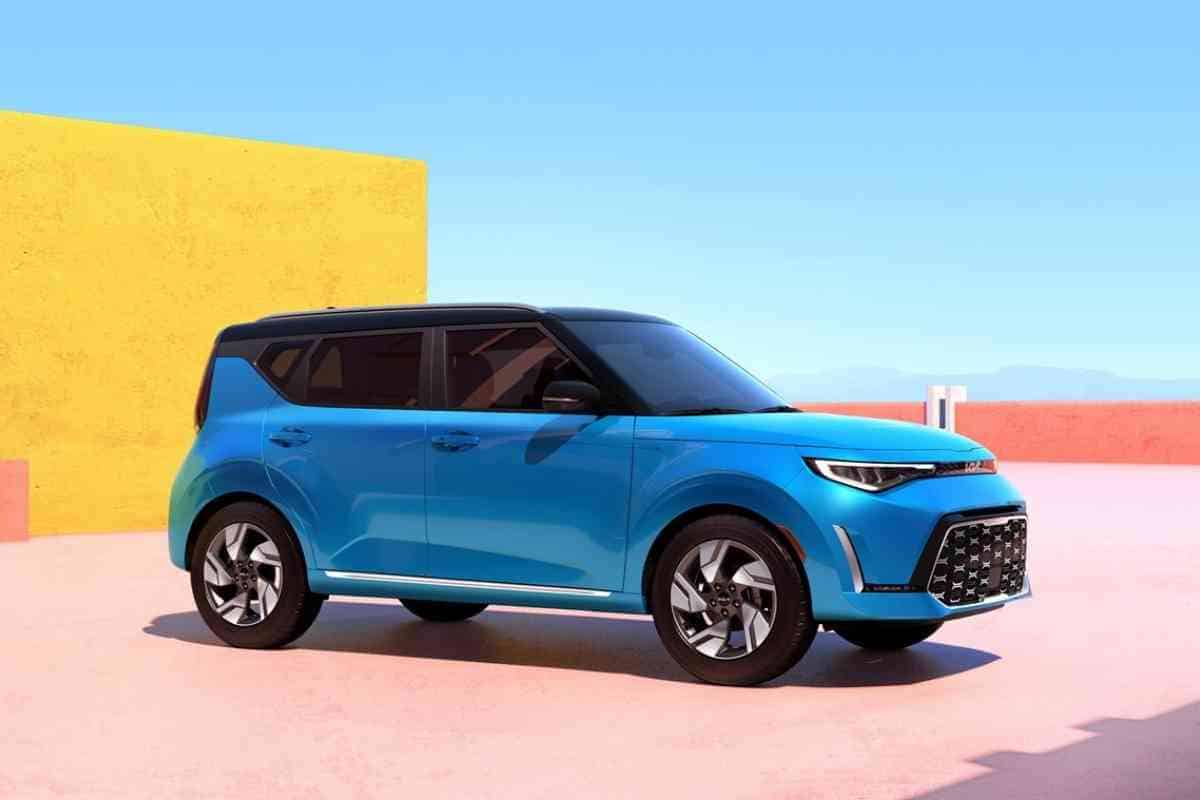
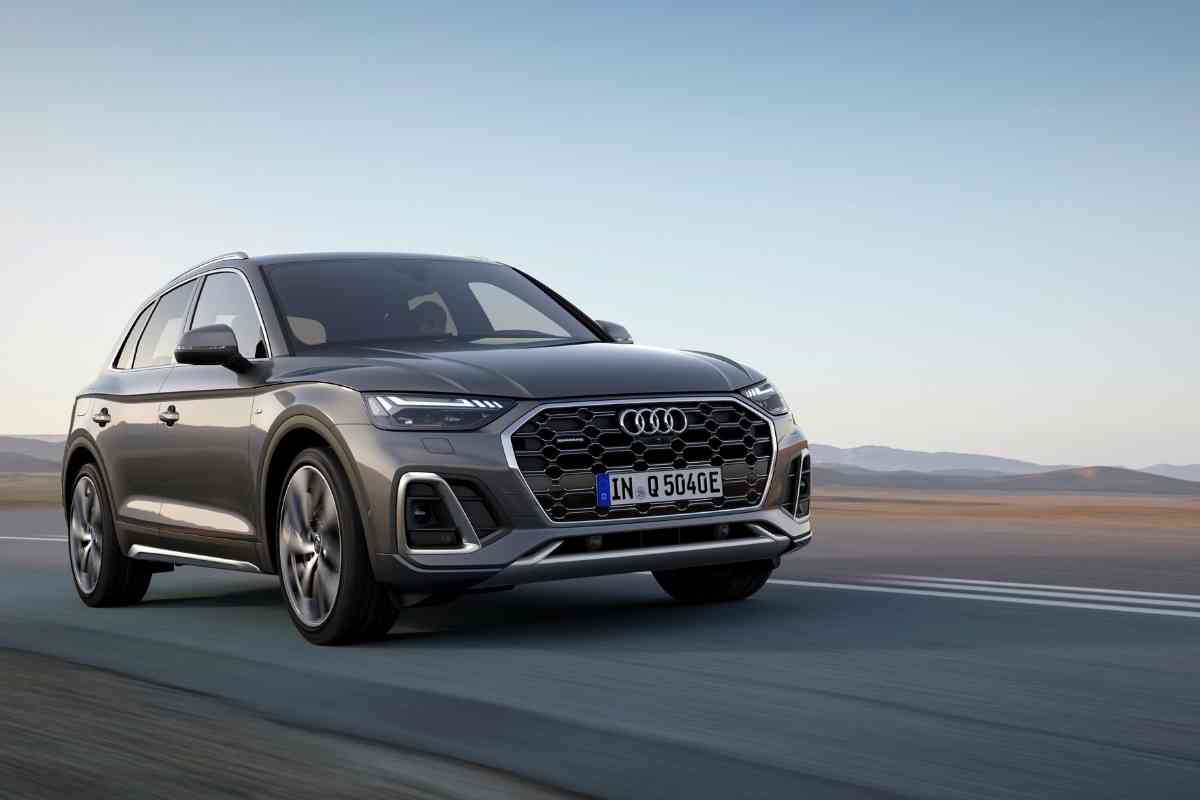
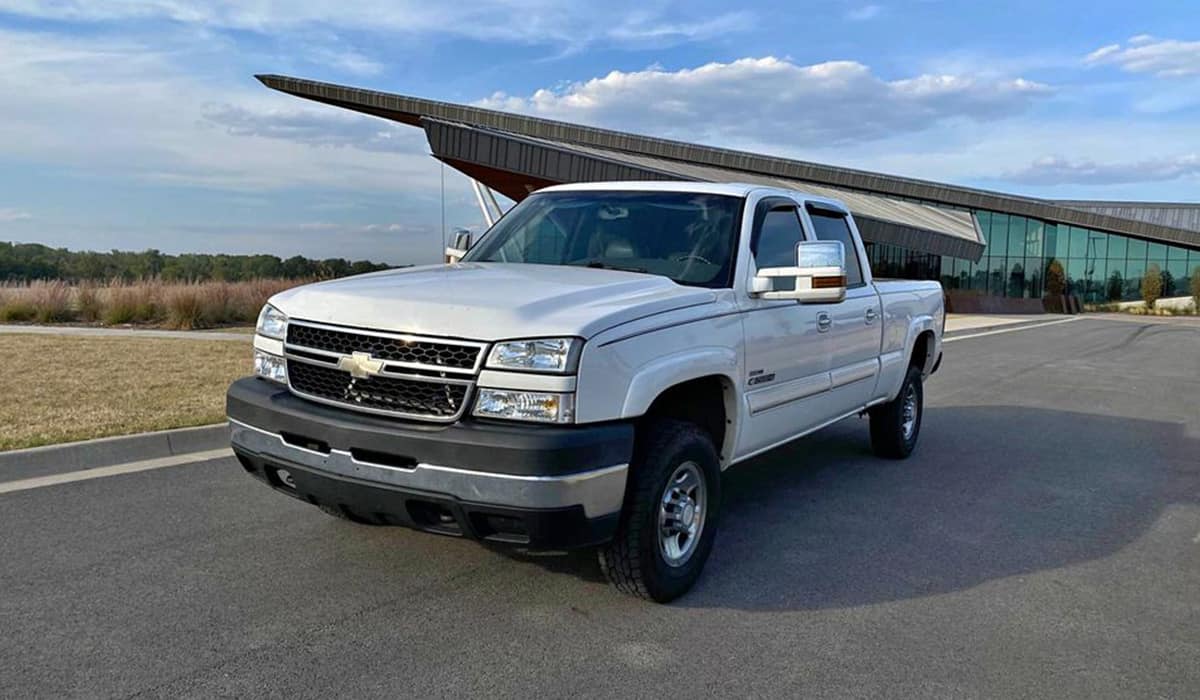
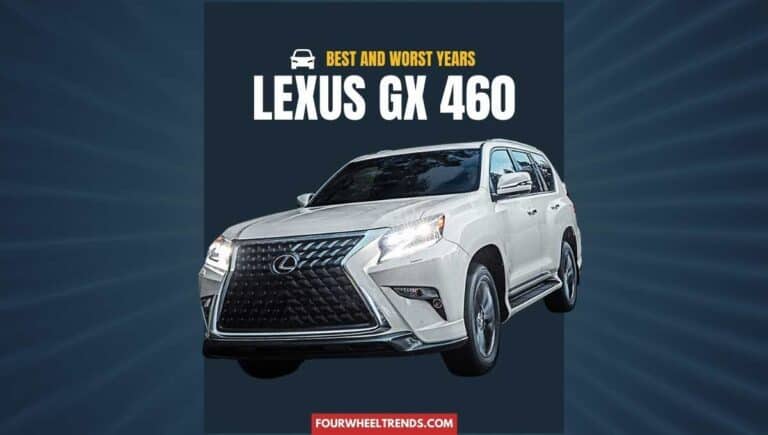
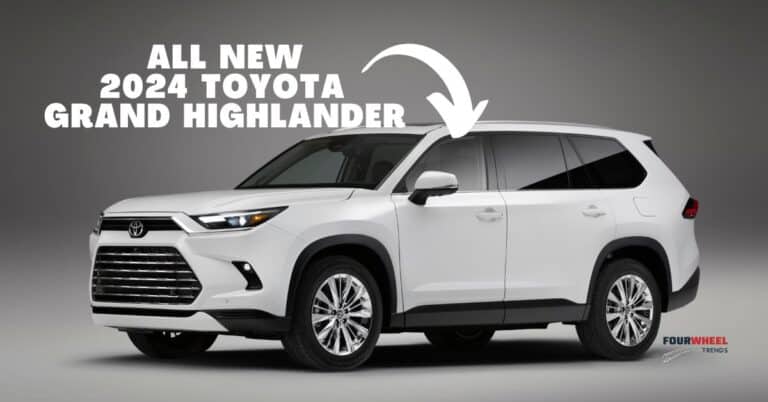

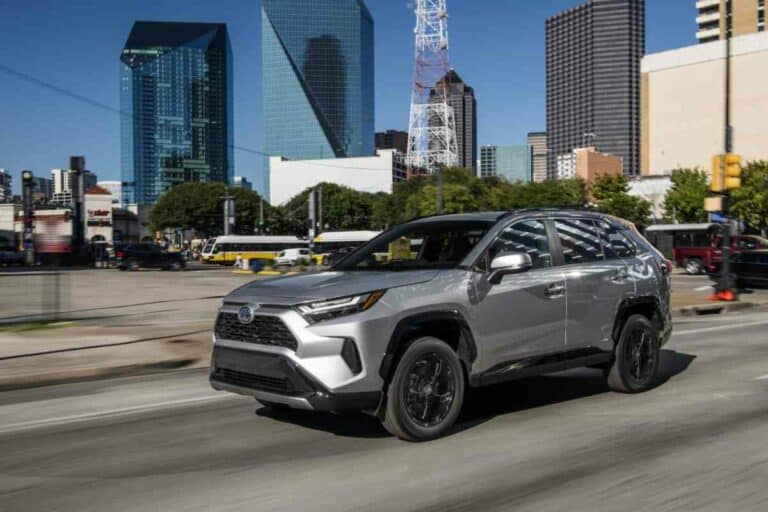
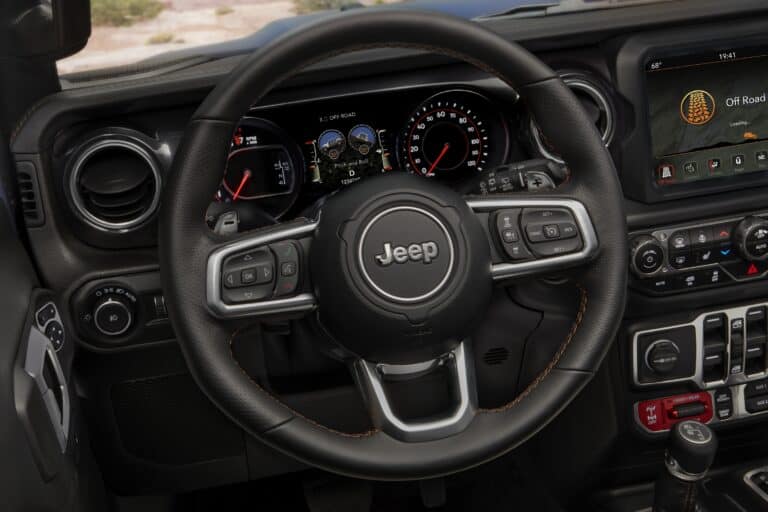
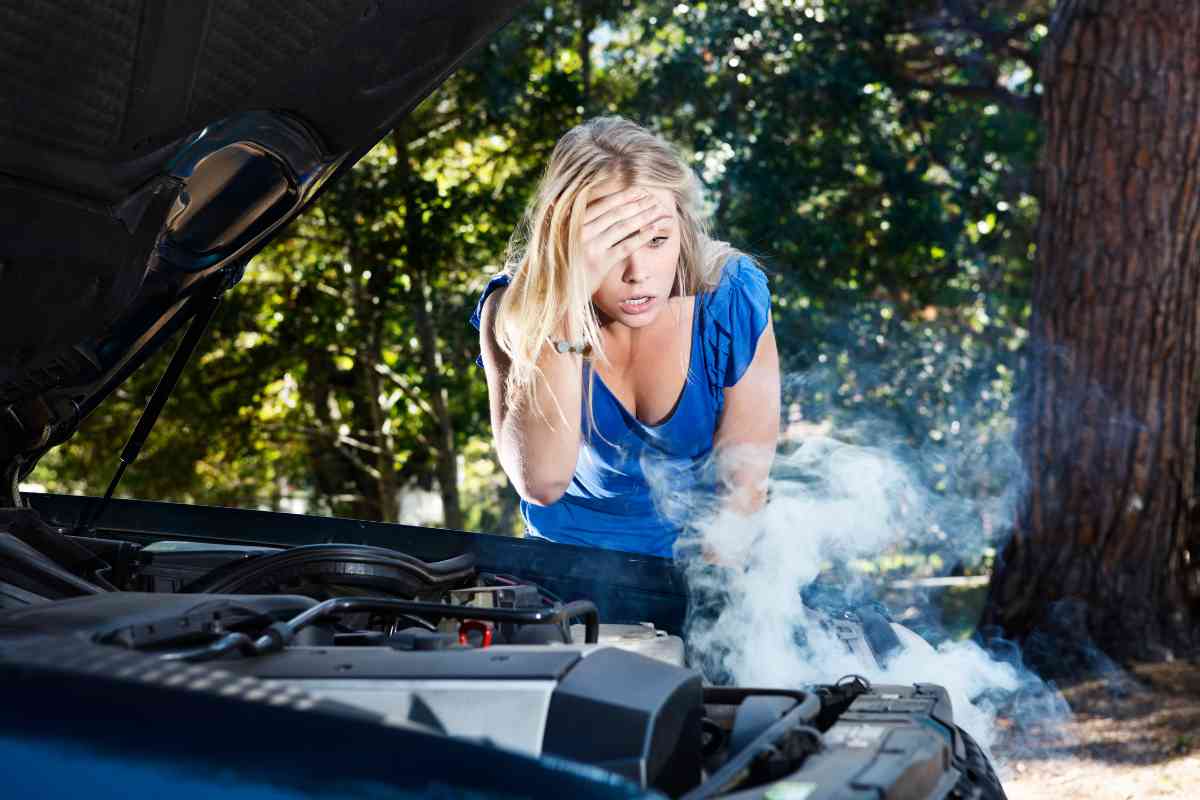
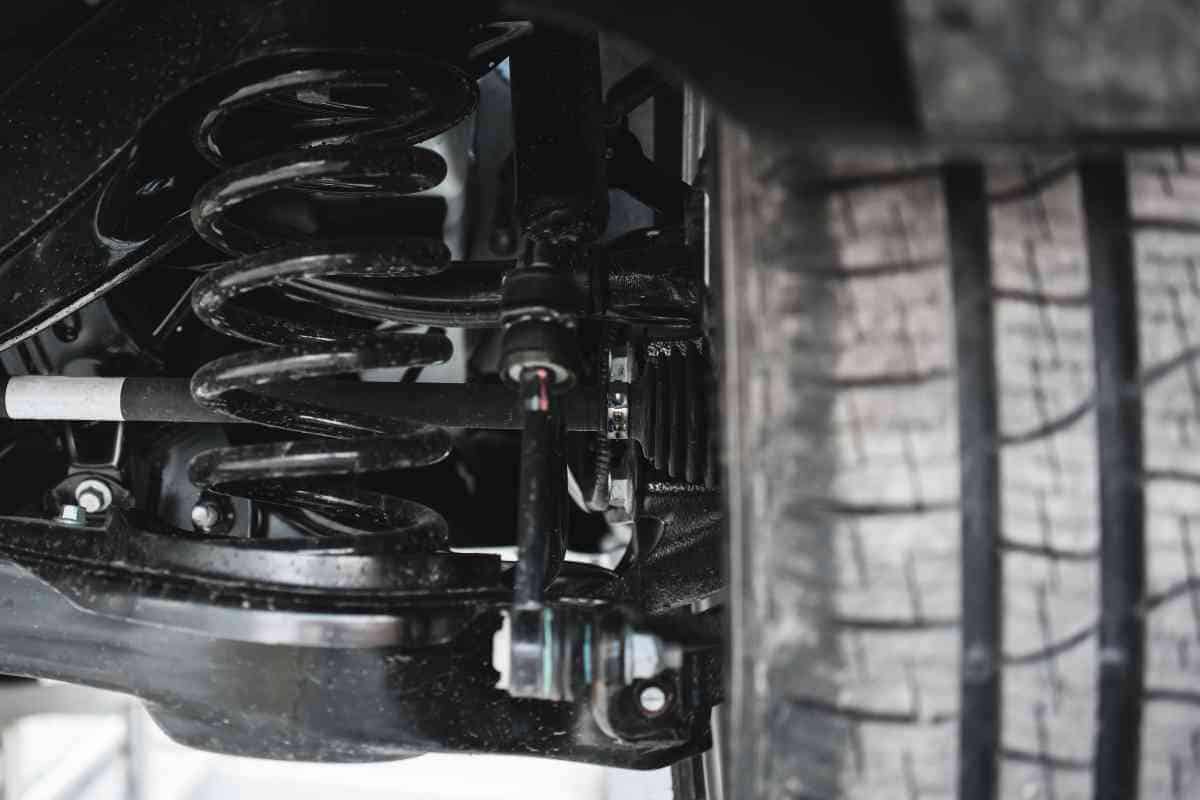

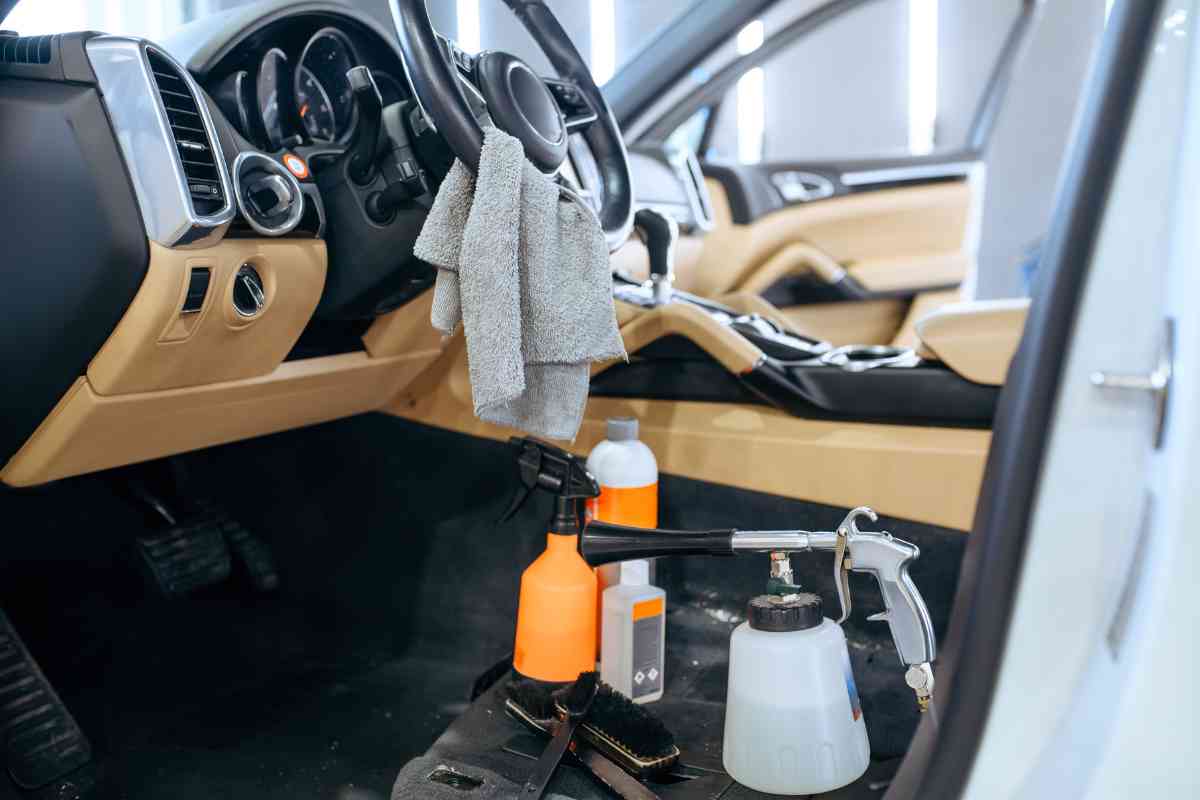
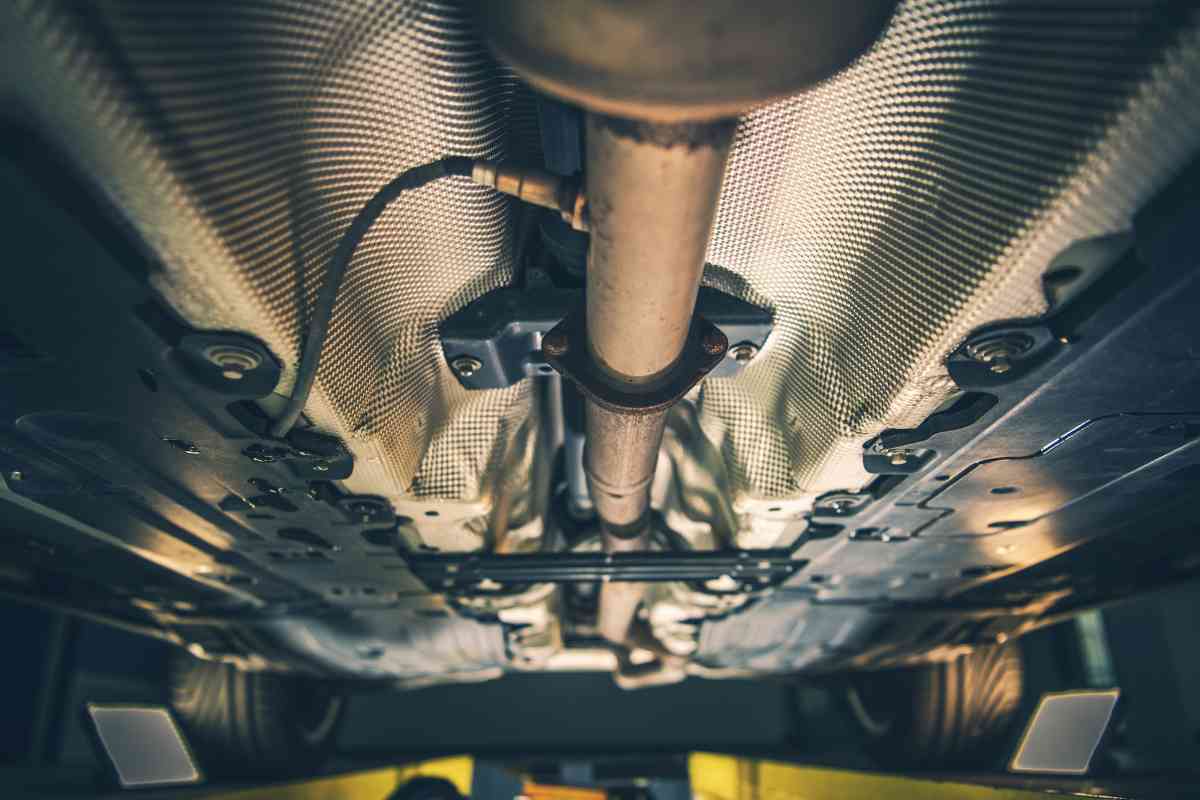
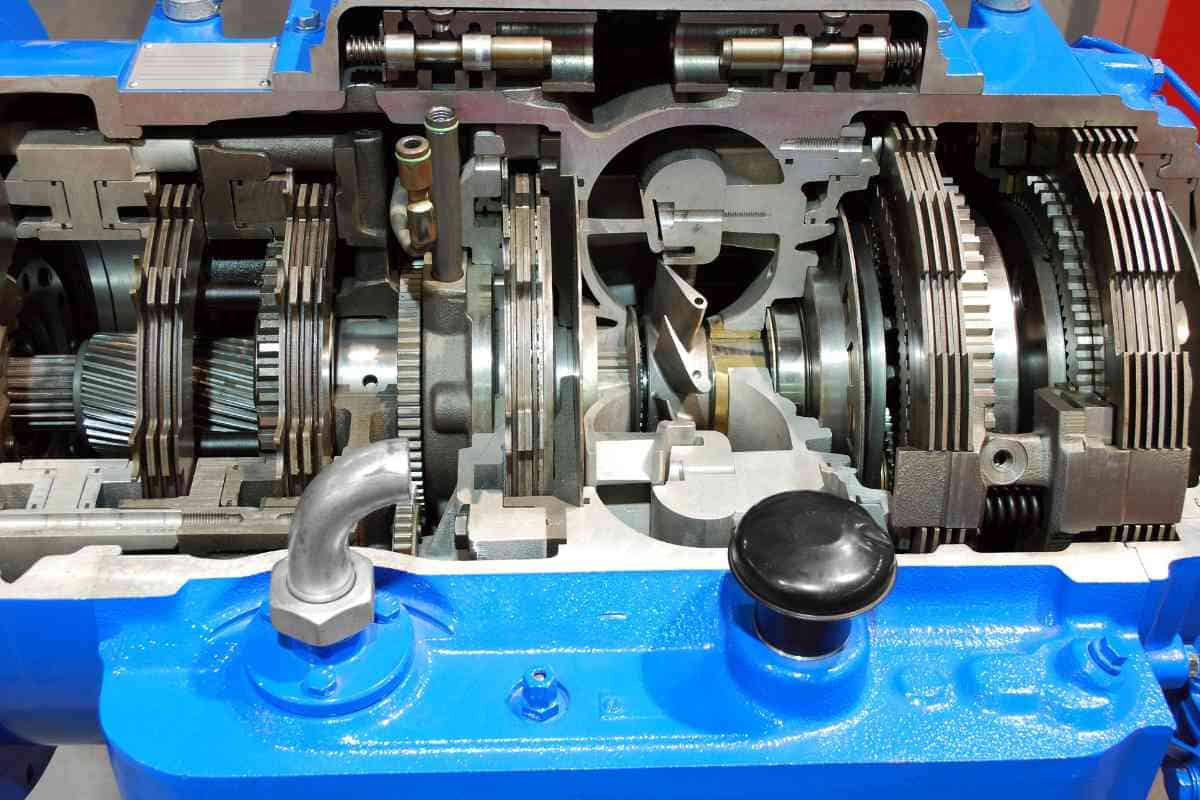
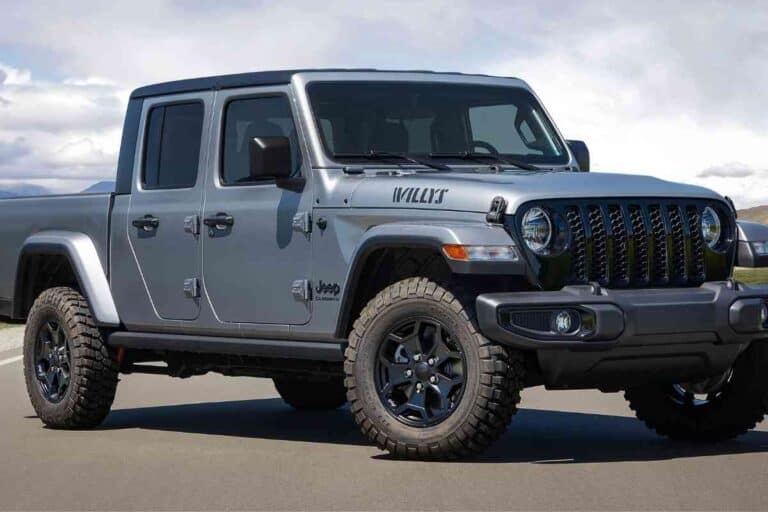
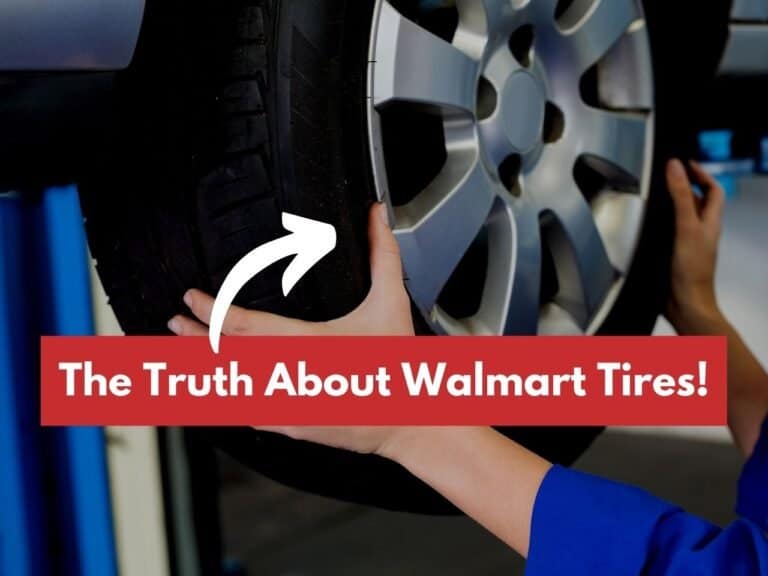
![Best Replacement Vinyl Wood Grain Kit For Grand Wagoneer [With Photos] 29 Best Replacement Vinyl Wood Grain Kit For Grand Wagoneer](https://fourwheeltrends.com/wp-content/uploads/2019/06/Best-Replacement-Vinyl-Wood-Grain-Kit-For-Grand-Wagoneer-768x483.jpg)
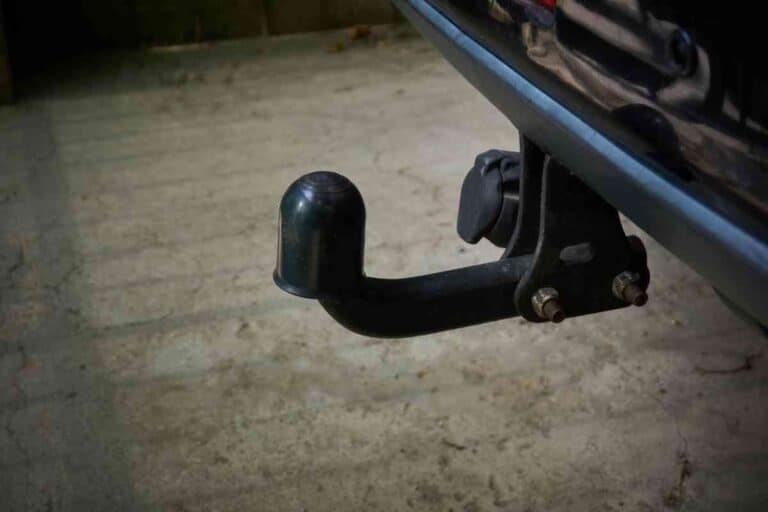
![Looking For A Bike Rack For Lexus Rx350? [Buy One Of These!] 31 Looking For A Bike Rack For Lexus RX350? [Buy One of These!]](https://fourwheeltrends.com/wp-content/uploads/2022/01/Lexus-RX-5-768x576.jpg)
